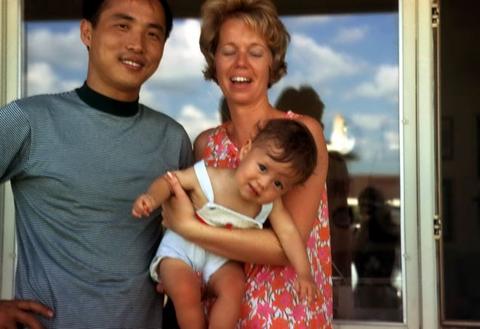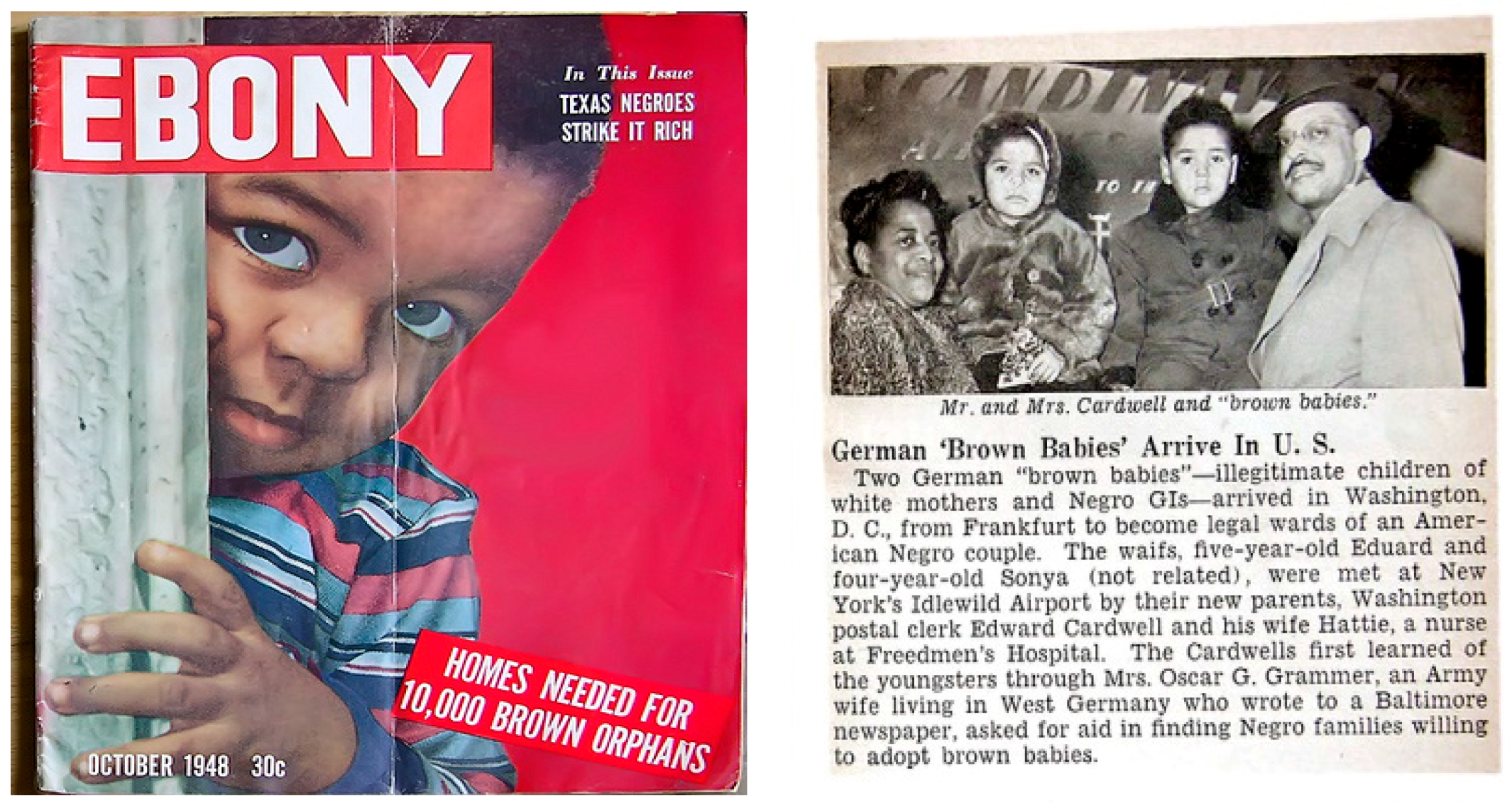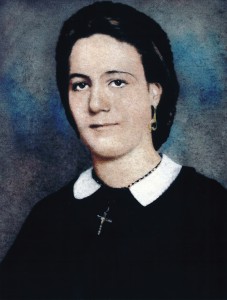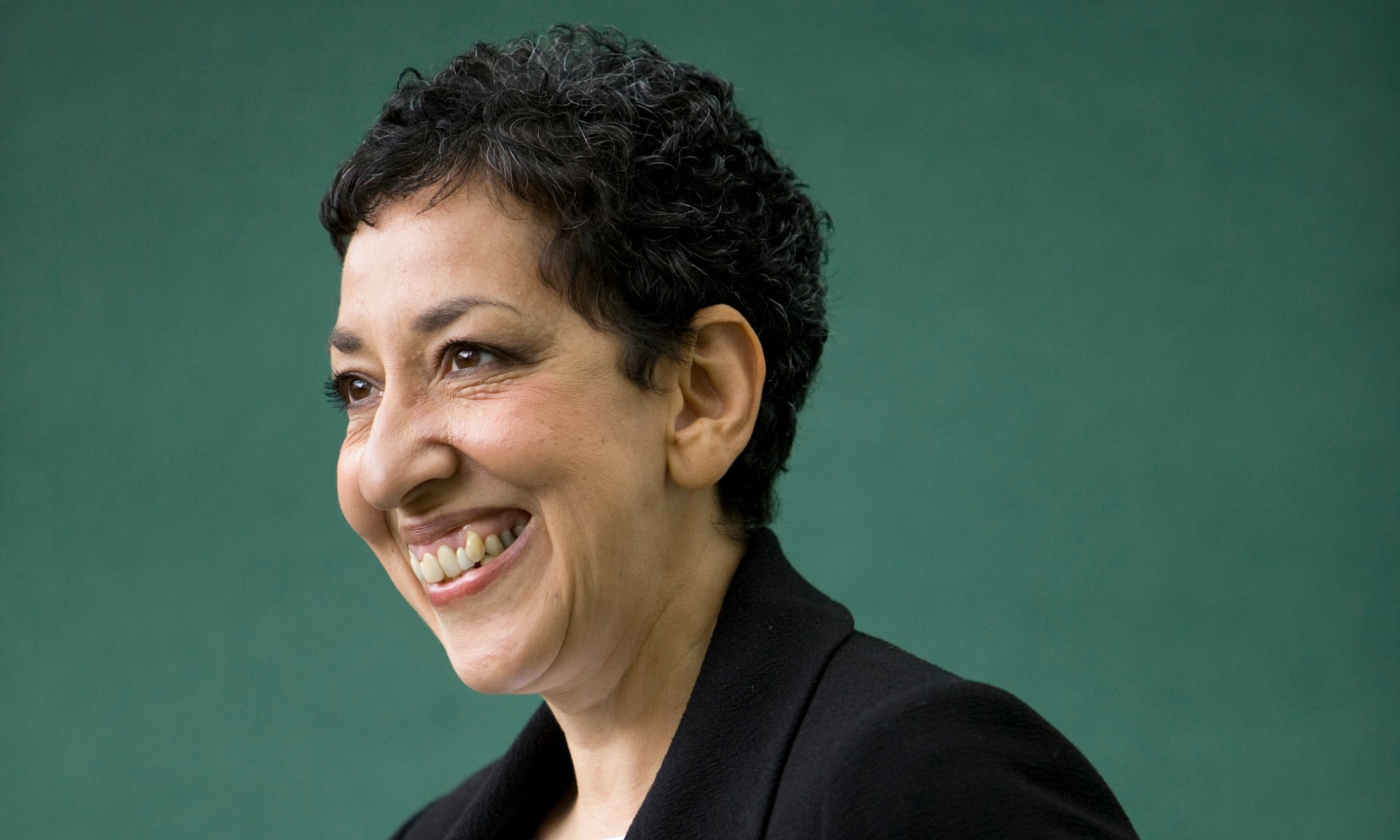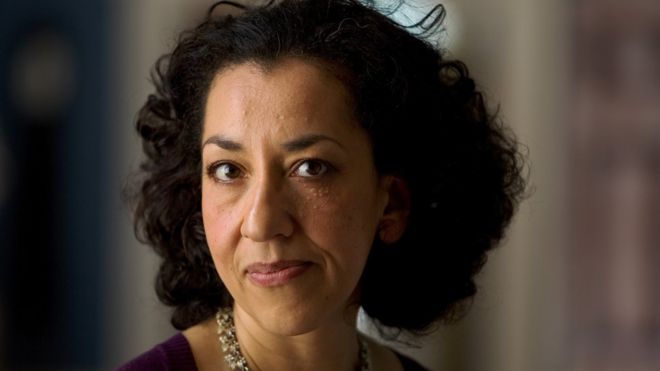Portrait of My FatherPosted in Articles, Asian Diaspora, Biography, Family/Parenting, Media Archive, United States on 2019-04-20 00:34Z by Steven |
Granta
March 2009
Alexander Chee, Associate Professor of English and Creative Writing
Dartmouth College, Hanover, New Hampshire
His drink was Crown Royal, his candy bar, a Baby Ruth, though he didn’t like chocolate much. He was good at poker, loved reading Tolstoy. His suits were bespoke.
In Korea, starting at the age of five, he ran barefoot in the snow when he was training for tae kwon do, so he was ready, during the Korean War, for when he and his oldest brother had to steal food from overturned army supply trucks, running the bags of rice home on their backs. After the war, he became the international tae kwon do champion in his age group at the age of eighteen, and captain of his college rugby team — the rice had helped two ways.
He left for the US while his father was away on business so he couldn’t stop him. His mother gave him a gold belt buckle to sell when he arrived, as she couldn’t give him money, and asked him, whatever he did, not to marry a blue-eyed, blonde-haired American girl…
Read the entire article here.
